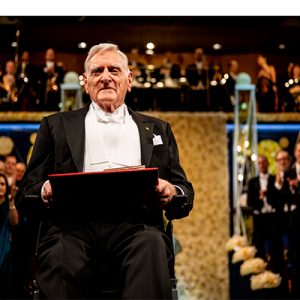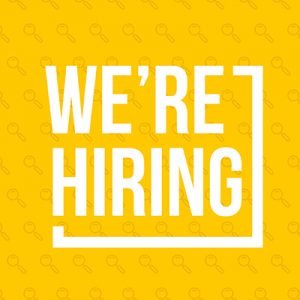 ECS seeks Programs Specialist
ECS seeks Programs Specialist
Reports to: Director of Community Engagement
Classification: Full-Time Exempt
MAJOR FUNCTION
Responsible for the support and development of community engagement programs and support of other various ECS programs and activities. Coordinates participation and execution of 1) section and student chapter programs 2) student membership program; 3) education and professional development workshops and 4) student and section engagement throughout the Society. Serves as staff liaison for section and student chapter relations and works closely with the staff and volunteer leaders to ensure that these relationships support the Society’s goals and objectives. (more…)


 To ensure easy access to important research in The Electrochemical Society publications, update your bookmarks. Since ECS launched its partnership with IOP Publishing on January 2, 2020, all ECS digital publications are only available through IOPscience. ECS bookmarks will not be rewritten by the server. You must update your URLs (web page addresses) yourself.
To ensure easy access to important research in The Electrochemical Society publications, update your bookmarks. Since ECS launched its partnership with IOP Publishing on January 2, 2020, all ECS digital publications are only available through IOPscience. ECS bookmarks will not be rewritten by the server. You must update your URLs (web page addresses) yourself.
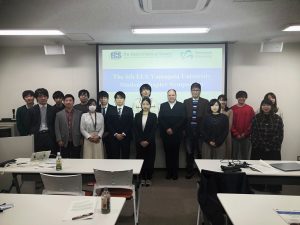
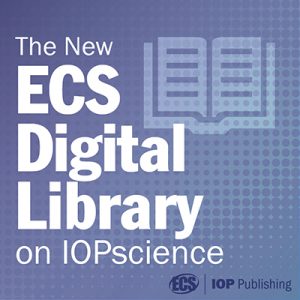 When ECS and IOP Publishing complete their partnership on January 2, 2020, with the launch of the ECS Digital Library on IOPscience, two great institutions will bring over 200 years of experience in excellent scientific publishing to advancing theory and practice at the forefront of electrochemical and solid state science and technology, and allied subjects.
When ECS and IOP Publishing complete their partnership on January 2, 2020, with the launch of the ECS Digital Library on IOPscience, two great institutions will bring over 200 years of experience in excellent scientific publishing to advancing theory and practice at the forefront of electrochemical and solid state science and technology, and allied subjects.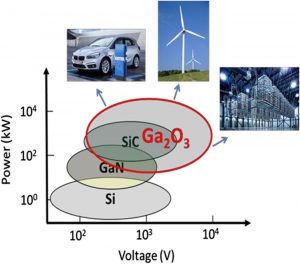 Accepting Submissions: December 26, 2019 – March 25, 2020
Accepting Submissions: December 26, 2019 – March 25, 2020 John Goodenough, Stanley Whittingham, and Akira Yoshino
John Goodenough, Stanley Whittingham, and Akira Yoshino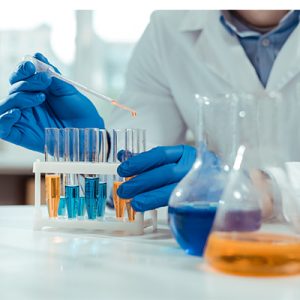 Application Deadline: January 15, 2020
Application Deadline: January 15, 2020